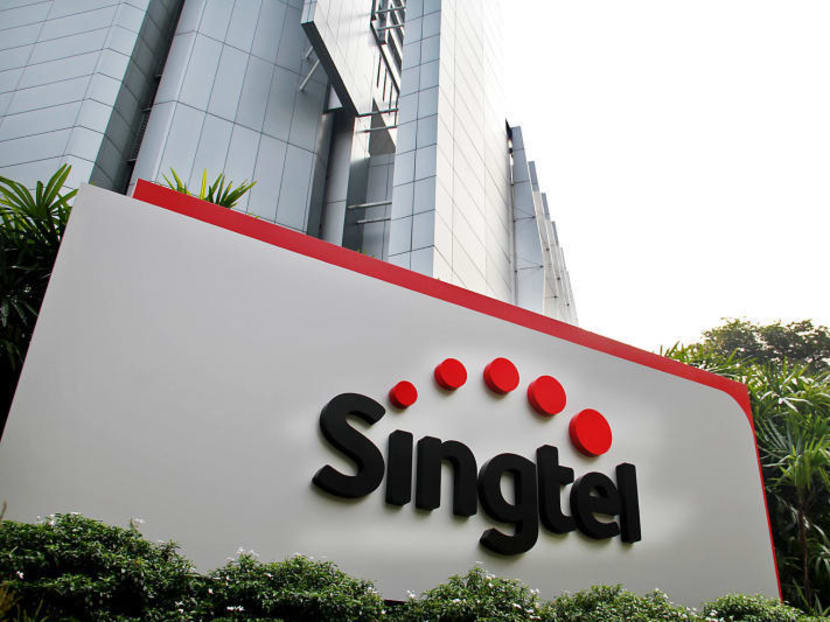Difference in 4G speeds not noticeable, says Singtel
SINGAPORE — Singtel, the biggest telco here, has given its take on data collected by the Infocomm Development Authority (IDA), which had found that their mobile connectivity and speed came in second behind those of rival M1 during a six-month study.
SINGAPORE — Singtel, the biggest telco here, has given its take on data collected by the Infocomm Development Authority (IDA), which had found that their mobile connectivity and speed came in second behind those of rival M1 during a six-month study.
In response to the findings released by the IDA on Tuesday (June 2), Singtel said the difference of milliseconds to establish a local connection on 4G is, for most users, “not noticeable, especially when connecting to local sites”. The IDA report had found that Singtel users took an average of 50.9 milliseconds versus M1’s 35.4 milliseconds. StarHub’s connectivity took 53.5 milliseconds.
“Connectivity is significant, however, for those playing online games usually hosted in overseas sites such as in the United States. Milliseconds can and do determine if the gamer wins or loses against a competitor,” the telco said.
StarHub also weighed in on the report, saying it will be approaching the regulator for clarifications on the study “to conduct further investigations into the results”. StarHub spokesperson Cassie Fong also noted that in the IDA’s most recent quality of service study for 3G services for the fourth quarter of last year, StarHub performed best in all measures.
In terms of download speed, M1 users typically had the best experience, said the IDA report, which gathered data from about 4,000 users here. This finding was based on the lower, middle and upper limits of the download speed experienced in 80 per cent of data sessions and averaged over six months.
While the upper limit of its typical speed (43.2Mbps) lagged M1’s (43.7Mbps) slightly, Singtel said it had the “fastest average typical speed” for both 3G and 4G. Singtel was referring to the middle limit, where it registered 3.1Mbps for 3G versus 3.0Mbps and 2.5Mbps for M1 and StarHub, respectively. For 4G, Singtel’s average typical speed was 17.4Mbps, compared with StarHub’s 16.9Mbps and M1’s 16.4Mbps.
Singtel added that it offered the fastest peak speed, which is measured by the maximum download speed users enjoyed in at least 50 per cent of the days covered in the pilot. The fastest download speed its users experienced in at least half of the period surveyed was 38.1Mbps and 118.9Mbps for 3G and 4G, respectively.
M1 came in second on this count for 4G (84.4Mbps), with StarHub a shade slower (82.1Mbps). The two telcos’ positions were reversed for 3G: StarHub came in second (25.4Mbps) and M1 came in third (19.7Mbps).
“It is important to note, however, that the average speed experienced per user can be affected by factors such as the number of concurrent users, which in turn influences speed consistency,” Singtel added. “That is why speed tests at a certain location on different times or days may result in different readings.” Citing online feedback to the IDA’s report, Singtel said it found that many subscribers regard factors such as network coverage, call stability, customer service and data connectivity to be more significant than speed to their user experience.







